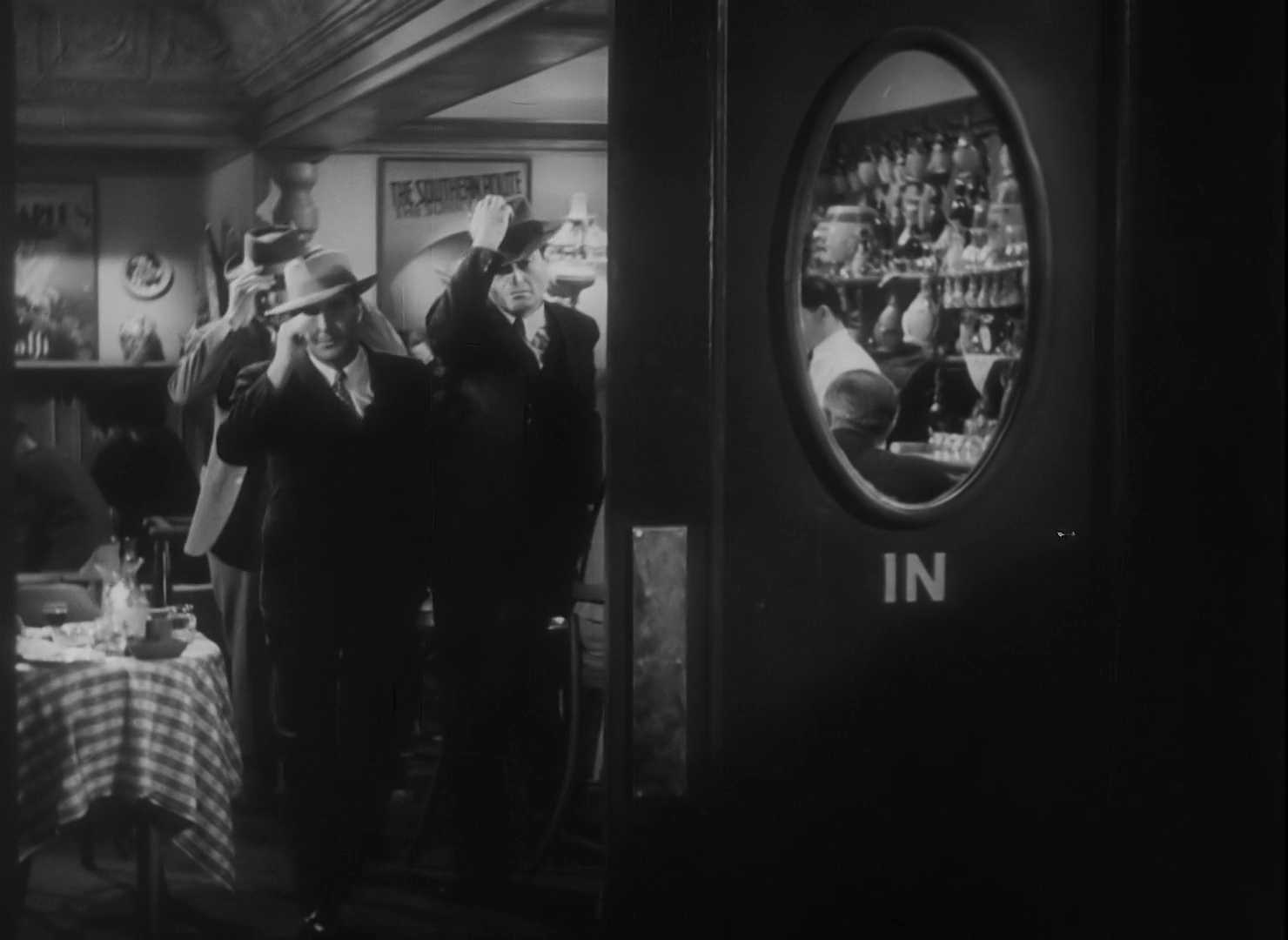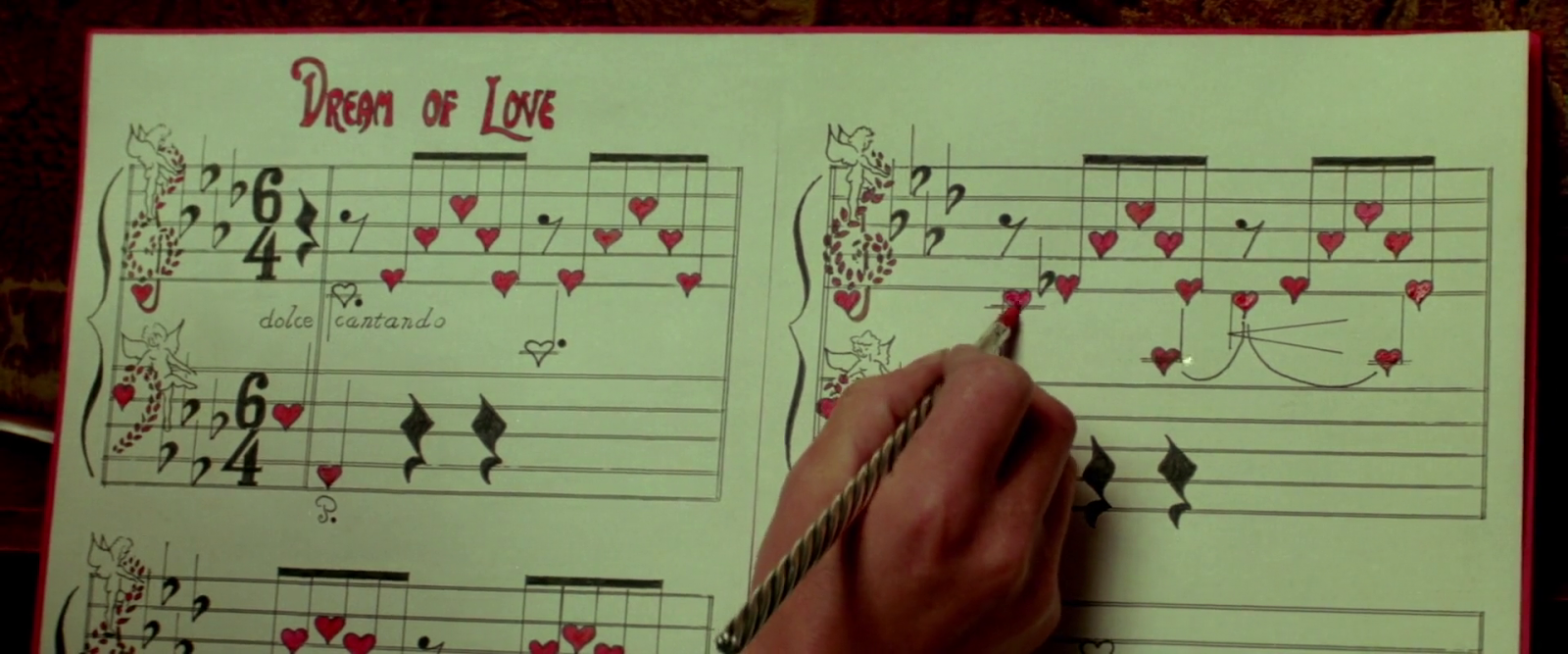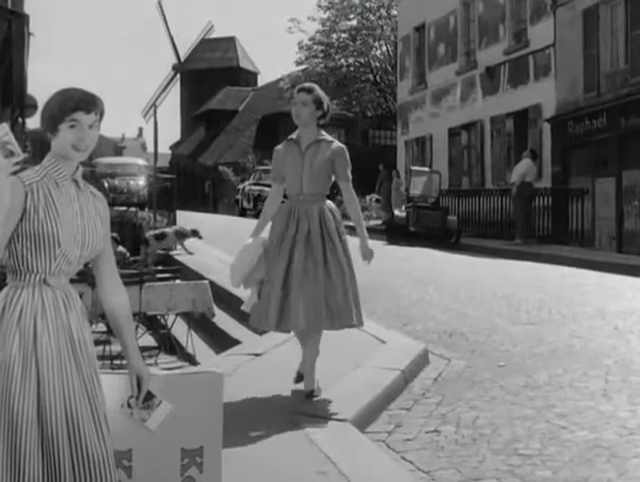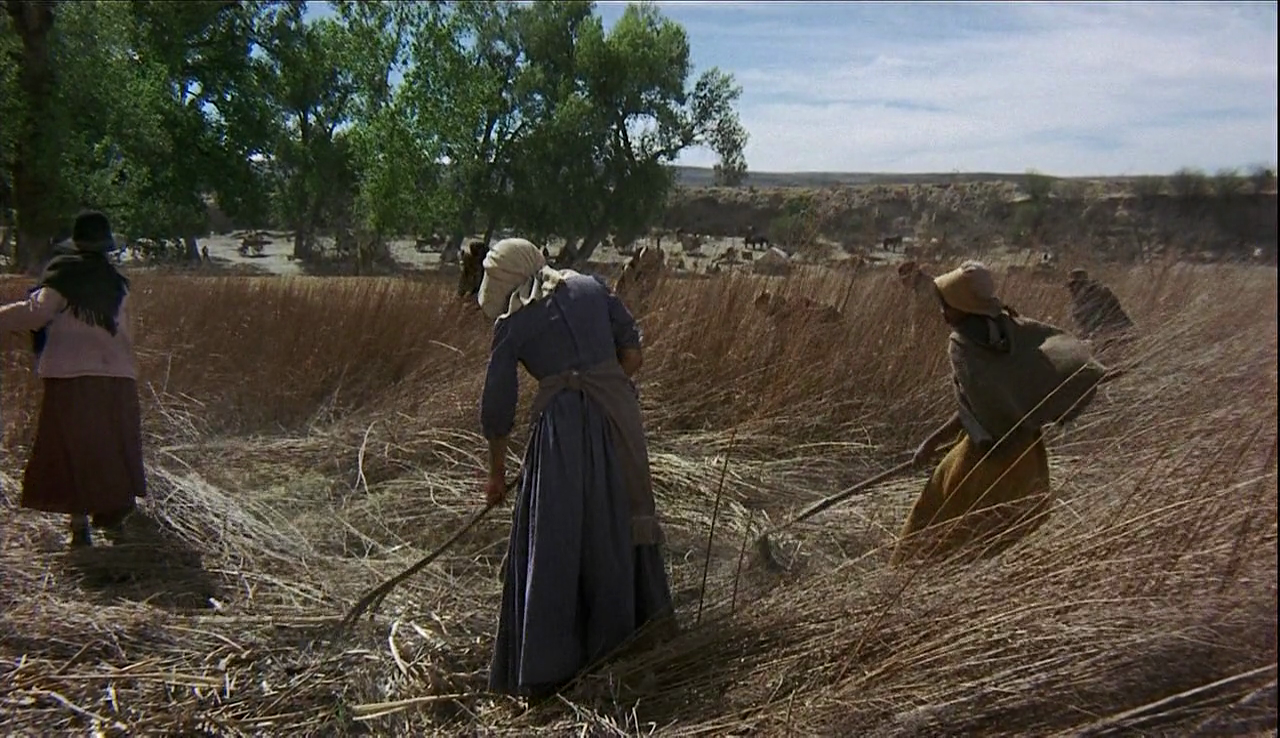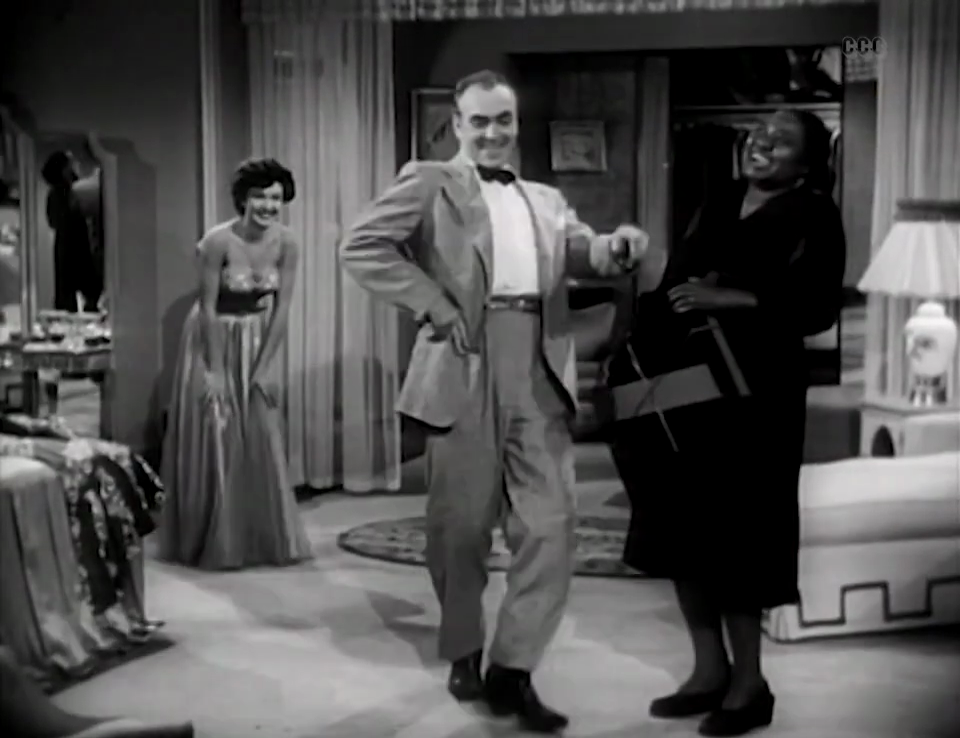(review written in August or September, 2014, and not published then due to an oversight of mine)
Based on the novel by Charles Dickens, first published in book form in 1838.
In 19th-century England, an orphan escapes from a workhouse and heads for London. There he joins a gang of children who commit thefts in the streets.
A very good film, expecially the first and last sections (I never cared much for middle sections). My main objection, if I thought an objection had to be made, would be to the plot itself, which strains credibility at more than one occasion. A person with a nickname zombiefan89 at the IMDB user review section has, in an unpretentious, down-to-earth review, taken the words right out of my mouth concerning this point. I will transcribe it here
in extenso because I do not know a way to link directly to it:
[begin quote]
I was confused,
Author:
zombiefan89 from United States
28 February 2013
*** This review may contain spoilers ***
There's a lot of hate going around saying it's not as good as the book, but really, movies never are! Having never read the book, I have no idea how the story was supposed to go, but I had seen Oliver and Company. I was very confused by this movie. From the start, it was very difficult to tell Olivier apart from the other boys when he was in the orphanage. Well, until he recited the famous line of asking for seconds, which it was Gruel, it probably only cost them $2 to feed the entire orphanage! So many questions came up over the course on the movie. Why he didn't just stay with that nice old woman he met on his way to London. It was obvious she wouldn't have minded him staying. Of course if he had not gone to London, it would have been a very dull movie. For that matter, why were those thieves so hell-bent on keeping Oliver? I much preferred the motivation in Oliver and Company, where they were innocently trying to rescue him. Moreover, why use Oliver to break into that rich man's house? Another more experienced boy would have been much better suited for the job. It's a very confusing movie.
[end quote]
But I do not really think these weaknesses detract from the movie as a work of art (it possibly detracts from the novel, though).
Rating: 69

